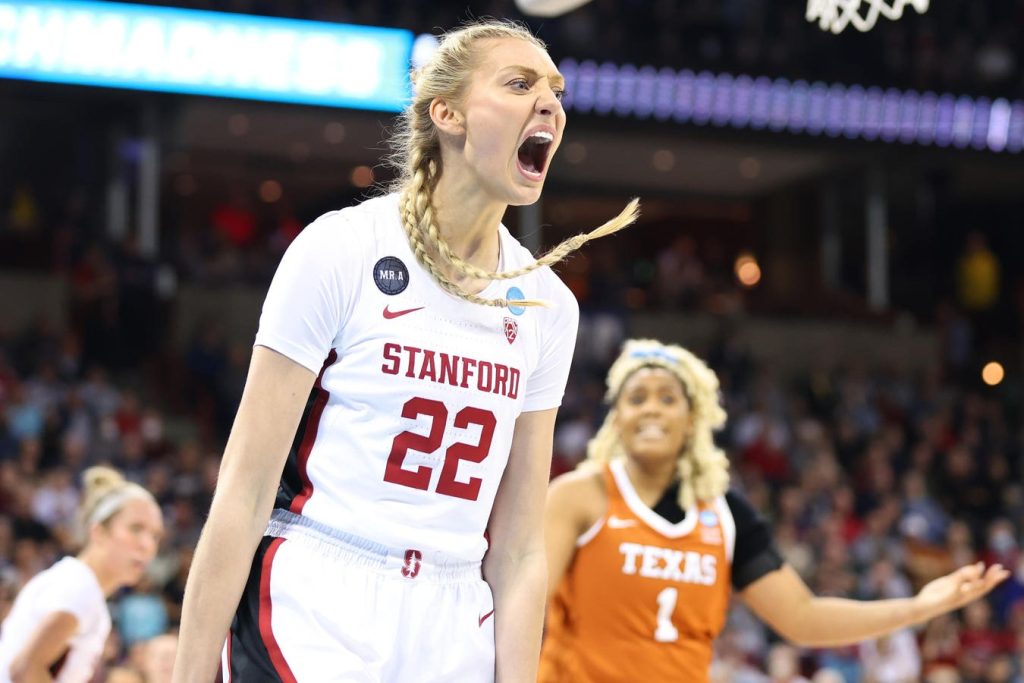The Women’s NCAA Tournament has seen a surge in interest, with record-breaking attendance, media coverage, commercial ad costs, and revenue. While this growth is positive overall, women athletes continue to face damaging stereotypes and expectations. Players like Caitlin Clark, Angel Reese, and Cameron Brink have come under fire for their aggressive playing styles during the tournament. This scrutiny highlights the double bind situation in which women athletes find themselves, unable to satisfy conflicting expectations and facing criticism regardless of their behavior.
Criticism of women athletes for their intense behaviors and assertive play contrasts with the preferential treatment male athletes receive for exhibiting similar conduct. This double standard places women athletes in a challenging position where they are judged harshly, regardless of how they behave on the court. Role congruity theory explains how societal expectations dictate that women should embody qualities traditionally associated with femininity, creating an additional layer of complexity for women athletes as they navigate the balance between assertiveness and traditional gender roles. This burden is not shared by male athletes.
Dr. Nefertiti Walker emphasizes the importance of normalizing aggressive and hyper-competitive behaviors exhibited by women athletes to validate their skills and competitive drive. She argues that sports are entertainment, and people watch to see athletes show big emotions, not to see them hold back. By empowering women athletes to compete authentically, we can contribute to a more inclusive and progressive sports culture overall. It is crucial to continue breaking down harmful gender stereotypes in sports and recognize the evolution of women’s sports towards a more egalitarian space.
The hypersensitivity towards competitive behaviors exhibited by women athletes as opposed to men reinforces outdated gender ideologies and hinders women’s ability to fully express themselves on the court. The expectation that women athletes should be courteous, gentle, and not boisterous is a disconnect that perpetuates harmful stereotypes and limits the authenticity of women’s competition. By challenging these norms and supporting women athletes in their pursuit of success, we can create a more equal and empowering environment in sports for all. Ultimately, embracing the competitive nature of women’s sports as entertainment contributes to a more inclusive and progressive sports culture.


